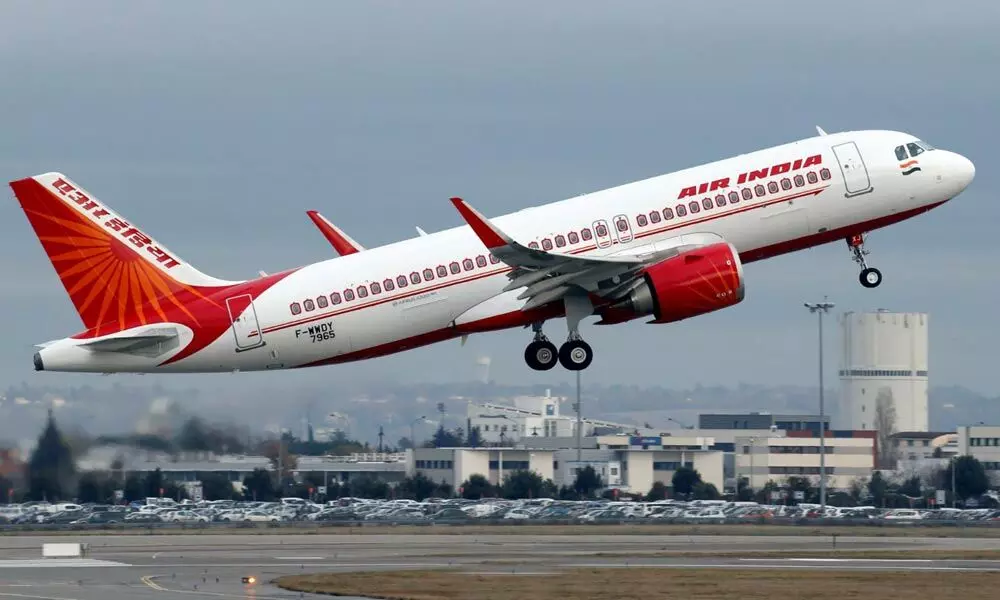Air India wins dispute in English Court of Appeal
Breather for Aviation Sector: This is also one of the first cases where the English Courts have been asked to determine EU law post-Brexit
image for illustrative purpose

New Delhi: In a significant development for the law relating to the aviation industry a Bench of the English Court of Appeal, headed by the Master of the Rolls Sir Geoffrey Voss, has found in favour of Air India Ltd in a contested dispute with a passenger after a District Judge originally found against them.
By winning its case, Air India has prevented a serious blow to the international airline industry, which is already suffering from the disruption caused by Covid-19. This is also one of the first cases where the English Courts have been asked to determine EU law post-Brexit.
The dispute centered on the applicability of EU compensation regulations for a single booking, where only one leg of the booking – the only one within EU/UK jurisdiction – was delayed. In this case, the third leg of the passenger's flight departed from Heathrow late, resulting in delays in her final arrival at her destination.
The Court of Appeal after a full hearing held in favour of Air India Ltd, stating that previous European Court of Justice case law reaffirmed the 'single-unit' principle for a multiple-leg journey made under the same booking. Air India successfully argued that there was no reason why this principle should not be applied to this case, in circumstances where the Claimant's journey originated from a non-UK/non-EU destination. They acknowledged the principle of passenger protection, but this principle did not mean that passengers should be entitled to compensation in every circumstance.
Article 3(1) (a) of the EU Regulation was a territorial gateway to compensation and it should not be undermined by the principle of passenger protection. The passenger could not "have their cake and eat it".
Daniel Powell of Zaiwalla & Co, Air India's solicitors, commented: "What is significant about this decision is that this is one of the first cases where the Court of Appeal has been asked to determine EU law post-Brexit."

